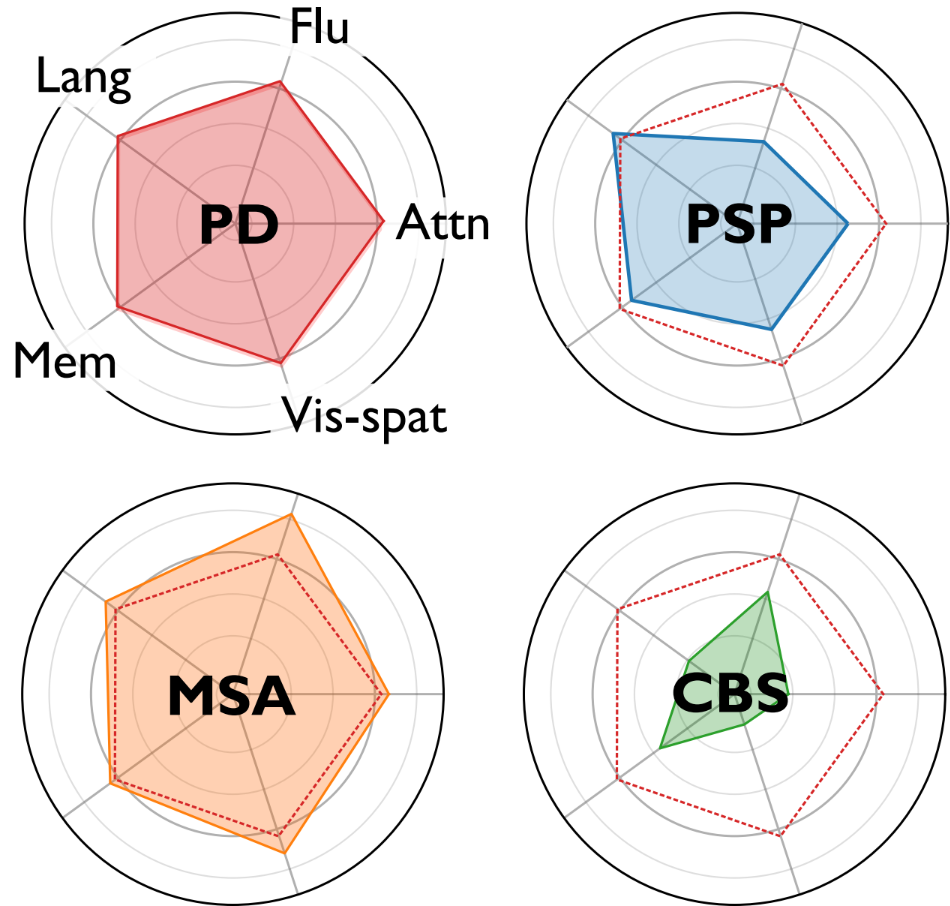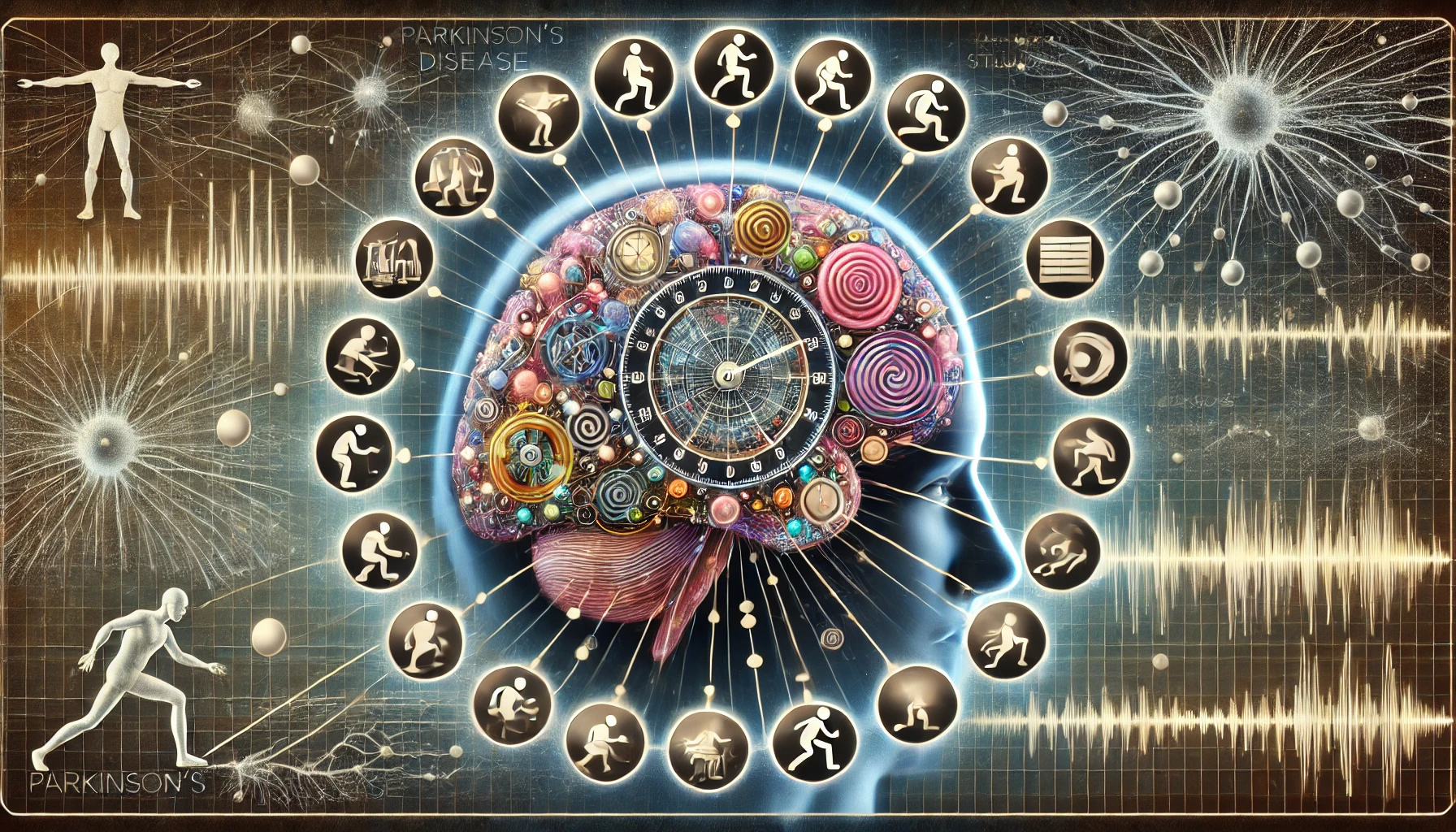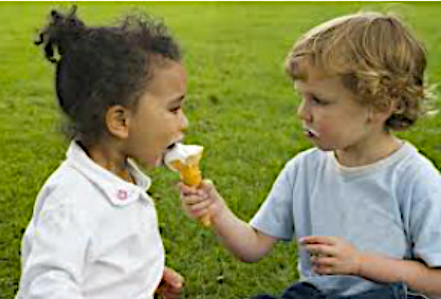Category: Uncategorized
-
Vivo500 Rejekibet APK Terbaru Berita Slot Situs
Konten berita dari situs eksternal tidak tersedia. APK Rejekibet Situs Slot Vivo500
-

Explaining ourselves by confabulation
Consciousness is sometimes described as the ineffable separation between the subjective and objective worlds. Battaglia et al (2025) proposed that this arises due to a Markov blanket – an informational boundary that gives us two incompatible views of our minds: a view from the inside, that can never fully align with the view of ourselves…
-

Patterns of cognitive change to diagnose atypical Parkinson’s?
Diagnosing Parkinson’s disease is hard because of the many variants, which may have different underlying causes. Currently, arbitrary clinical criteria are used to label patitents. Harnessing two large cohorts of patients from across the UK (total N=1138), we found that patients with different labels also had different patterns on cognitive and psychiatric measures (Hu et…
-

Many mechanisms of apathy in Parkinson’s disease
The brain degeneration in Parkinson’s disease can take away motivation – a condition called clinical apathy. Though apathy is one symptom, it has different components. It creates a feeling of effort, diminishes our sense of pleasure, reduces our ability to plan ahead, affects arousal, and makes us more ‘content’ to stay in the status quo.…
-

Difficulty planning after brain damage
Planning ahead requires several component processes. Imagine you are playing a game of connect four. You have to keep track of multiple steps in the future, notice all the possiblities, and evaluate how good each option is. We studied patients with damage to the medial prefrontal cortex, a brain area usually associated with evaluation (Holton…
-

A neural network to time movements
Walking, chewing, scratching, hammering… Many movements require repeating at regular intervals – but can run at various speeds. How can a neural circuit flexibly generate these patterns? We solved the problem using active inference: a framework in which we predict the sensory consequences of upcoming actions, which entrains low-level reflexes to generate those appropriate actions…
-

A drug to make you move faster
When we are motivated we move faster. We studied the effects of a drug that stimulates receptors for the neurotransmitter dopamine (Au Yeung et al. Psychopharmacology 2024). Dopamine may be important for signalling rewards in the brain. We gave healthy people a course of the drug Pramipexole. Before and after the course, we tested their…
-

A brain area that makes us want to help other people
Humans can be altruistic, for example, working to benefit other people. We measured this kind of drive, “prosocial motivation”, by asking people to squeeze hard to earn money (Lockwood et al. Nature Human Behaviour 2024). The money would either go to themselves, or to someone else who they would never see or meet. Although healthy…
-

Gambling on an empty stomach
When we are hungry, our decisions change. We might become more short tempered, or behave rashly. We investigated what kinds of behaviours change, by studying decision making in healthy people when they were hungry, and when they were full (van Swieten et al, Brain and Behaviour 2023). We take two types of risk. In one…
-

Neurons that rapidly change their selectivity
The activity of neurons carries information because they become active only in particular situations. This is called ‘selectivity’, and it allows a group of neurons to signal the state of the world. We may remember things either by keeping neurons active, or by changing their selectivities. However, we haven’t really worked out how changing a…